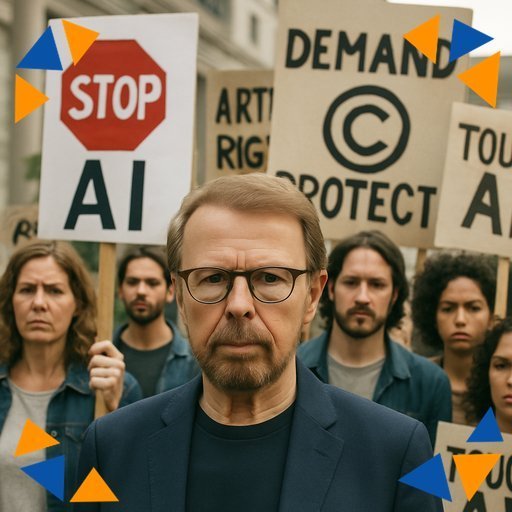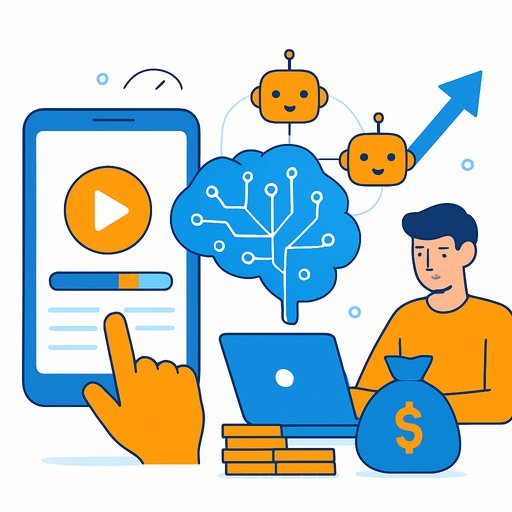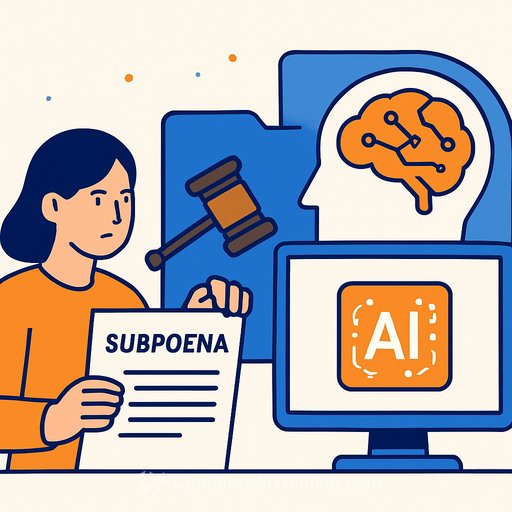Copyright laws to protect creatives from AI data mining
Australian creators just won a clear win. The government has ruled out a broad "text and data mining" exemption that would have let AI companies scrape creative work for training without permission.
Translation: your work can't be vacuumed up for AI training by default. Consent and payment still matter.
What changed
The Productivity Commission had floated a proposal to let tech firms train AI on copyrighted material to drive economic growth. After strong pushback from artists, unions, and media groups, the government said no.
As one sector leader put it, this is a "critical step in the right direction" that backs creators and existing copyright law. Environment Minister Murray Watt reinforced that artists and media deserve their fair share and confirmed there will be no text and data mining exemption for AI companies.
Why it matters to creatives
- Consent isn't optional: Your work isn't free training data.
- Licensing still pays: You maintain leverage to negotiate use, including AI-specific terms.
- Stronger footing to enforce: You've got a clearer path to say no-or invoice.
What's coming next
A reconstituted Copyright and AI Reference Group will map the next steps. Options on the table include fair legal avenues for use, a new collective licensing model, or voluntary frameworks that clarify how copyright applies when creators use AI in their process.
Enforcement is also in focus. A small-claims forum is being considered to handle lower-value infringement faster and cheaper.
The gap: your personal data
Digital rights advocates welcome the move but warn it doesn't solve everything. Social posts, private info, and biometric data can still be ingested under many platforms' Terms of Use.
There's a push for stronger privacy rules, including a "right to delete" so people can revoke permission and stop downstream use. If you want the policy context, see the government's privacy reform work here: Privacy law reform.
What you can do now
- Audit your catalog: List your high-value works, rights status, and where they live online. Keep source files and proof of authorship organized.
- Update your contracts and licenses: Add AI clauses that either prohibit training use or set explicit fees and terms for it. Be specific about scraping, embeddings, and model training.
- Set platform boundaries: Review your social accounts and portfolio sites. Reduce full-res uploads, use watermarks where appropriate, and check any "AI training" toggles or permissions.
- Signal your stance: Post clear AI use policies on your site. Consider robots.txt and meta tags to disallow automated scraping, knowing it won't stop bad actors but sets terms.
- Join collecting bodies: If applicable, register with APRA AMCOS, Copyright Agency, or Screenrights to improve licensing and monitoring coverage.
- Track and act: Set up alerts, reverse image searches, and link trackers. Prepare a short takedown and invoice template for fast responses.
- Budget for enforcement: Keep a small reserve for legal letters or dispute fees-especially if a small-claims option becomes available.
Key quotes worth noting
- "We will not agree to dilute and weaken our copyright laws so that a small number of very large tech companies can have free and open access to very important and valuable cultural works."
- "We also need proper safeguards to make sure artists, media organisations, creatives get their fair share from their work."
- On data rights: "As individuals, we still control that data… it's important that we're allowed to say, I don't want this to be part of an AI training thing."
Context for the policy debate
The original "text and data mining" idea came from the Productivity Commission's interim report on data and digital tech. You can review that here: Productivity Commission interim report.
Where creatives can lean into AI-on your terms
Use AI for drafts, mood boards, iteration, or production assists-but set a licensing layer around your finished work. Keep your originals, timestamp your process, and label AI-assisted elements where it helps prove authorship and scope.
If you want structured ways to upskill without giving away your rights, explore practical training built for working pros: AI courses by job.
The bottom line: This decision gives you leverage. Use it-tighten your terms, make your stance visible, and be ready to license or litigate where it counts.
Your membership also unlocks:





